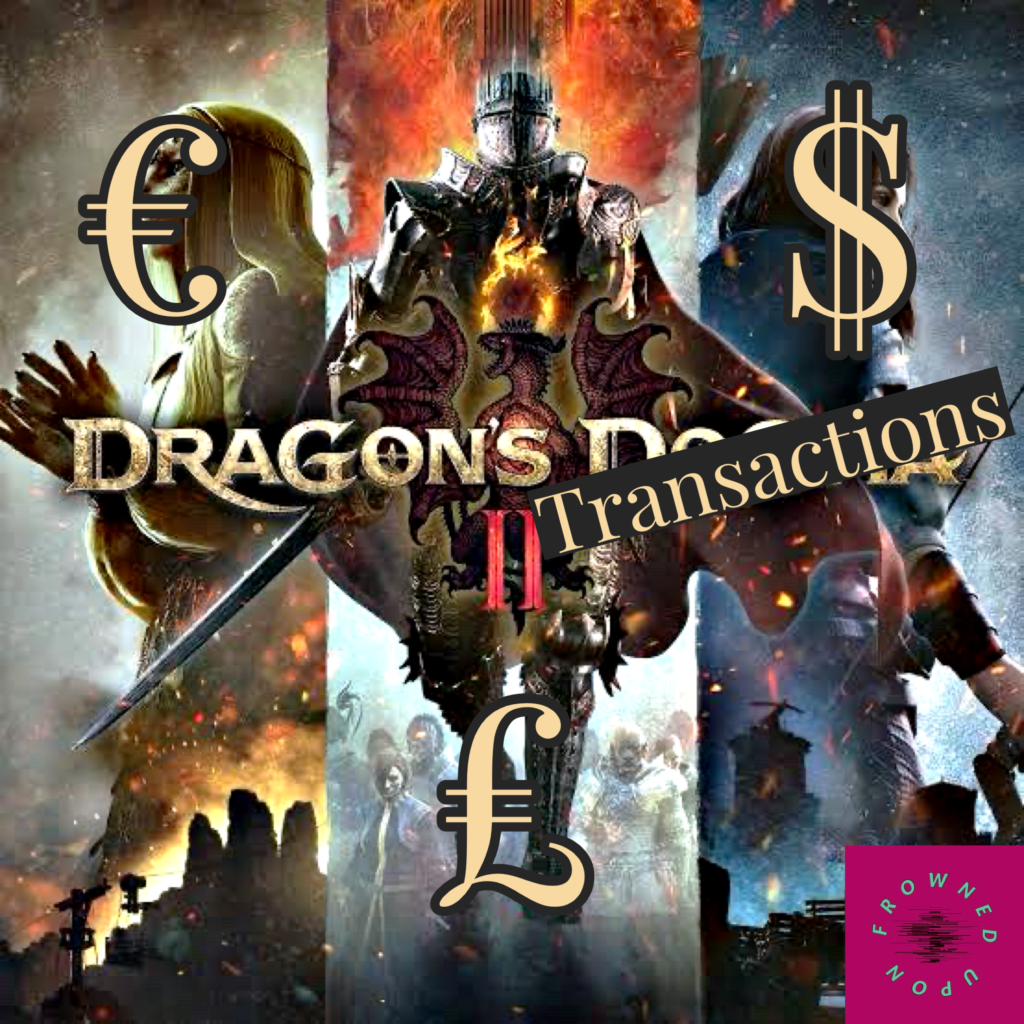Dragon’s Dogma 2 fans are all fired up about microtransactions

Online controversy has erupted among potential players of Dragon’s Dogma 2, Capcom, and game journalists and YouTubers who reviewed the title. The crux of the issue lies in the extensive list of microtransactions available on Steam at the game’s launch, including features such as fast travel points, character resurrection, and cosmetic re-customization.
While many criticize Capcom for implementing these microtransactions, some fans have redirected their frustration towards the overwhelmingly positive reviews for the game. They accuse reviewers of neglecting to mention the contentious costly extras, despite being aware of them beforehand.

So, what’s the story here?
It’s true that reviewers were informed about these microtransactions in advance. Review guidelines included a section with a linked PDF detailing all microtransactions, their prices, and the maximum number of purchases allowed for each item.
However, the issue of relevance arises. Reviewers typically spend anywhere from 50 to 100 hours playing the game to form their judgments. Even early on, players can see how easy it is to overlook the extremely limited availability of these microtransactions.
There appears to be some misunderstanding about the scope of the microtransactions. For example, fast travel and character re-customization are not exclusively tied to real-world money. The in-game shopping list offers single custom fast travel points for $3 and single character cosmetic editors for $2. While these items are rare, they can be found multiple times in the game through regular gameplay. Their impact on the game is negligible once players grasp how the game actually operates.
Given the limited significance of these microtransactions in gameplay, it’s understandable why reviewers might overlook them in favor of more pertinent information. There are no prompts in the game actively pushing players towards the store while playing.
It’s somewhat perplexing why Capcom opted to sell these minor items, especially considering their limited availability, which could potentially lead to power imbalances and abuse, let alone the well known backlash from gamers.
Nevertheless, similar practices are observed in other games of this nature. Players are generally opposed to any in-game payments, especially in a full-priced single-player games, and they often prefer cosmetic-only microtransactions. Comparisons are drawn to games like Baldur’s Gate 3 or Elden Ring in the same genre that don’t offer such transactions at all.
Microtransactions are always a dividing topic in gaming. Some love it, some hate it, some simply ignore it. Let us know down below which you do. Cheers.






